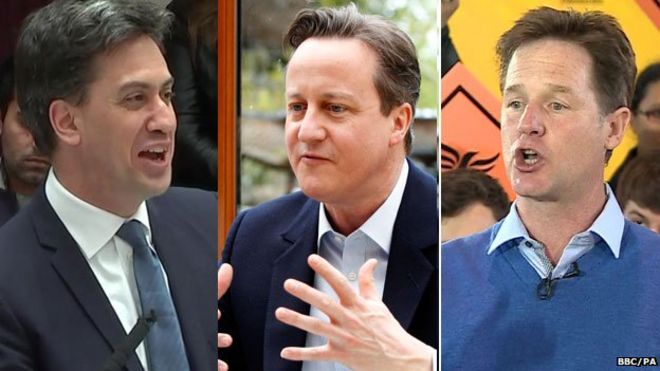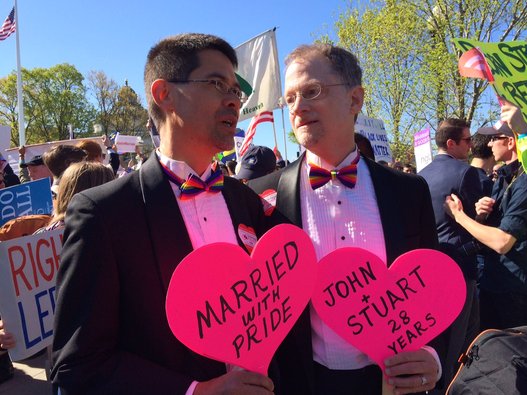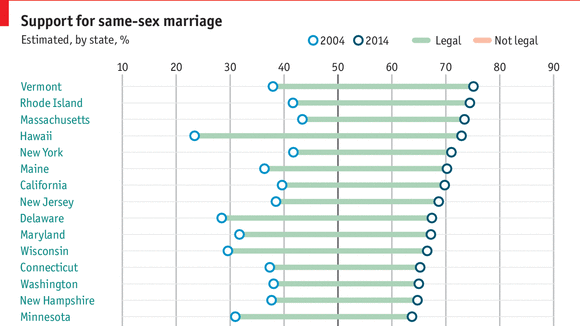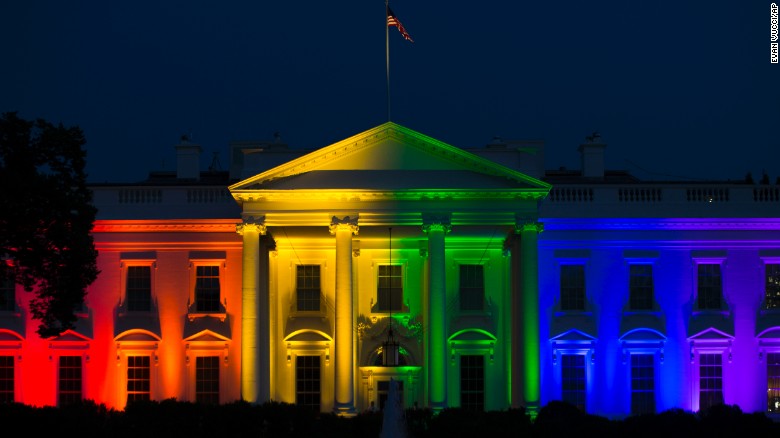 |
| Ed, Dave and Nick. Picture credit - BBC |
A blog about politics in the UK and the US designed for students of Edexcel Government and Politics Units 1, 2, 3C & 4C. Updated irregularly by teachers of History and Politics.
Saturday, 2 May 2015
UK election - party policies
In brief - the BBC has a great summary of the main party policies, helpfully organised by theme. A great place to start for any student of Unit 1 considering the different policies of political parties.
 |
| Protestors in Baltimore. Picture Credit - Guardian / AP |
This is under a month after the death was reported of Walter Scott who was shot in the back 8 times by police in South Carolina in early April.
However it is a useful reminder for G and P students of Unit 3C that there are still numerous racial problems in the US, despite the progress that has been made since the civil rights movement of the 1960s.
Gay Marriage in USA
 |
| Protestors outside the Supreme Court. Picture credit: Huffington Post |
The Economist has a leader here about it - which explains the argument in favour (and also explains the argument againist). There is also an article about the impact of the current situation, where marriage is legal in one state and not in another (pretty horrendous).
Of interest to G and P students in Unit 4C is the analysis that although it is likely to be an activist decision with Roberts and Kennedy in favour of Obergefell this unlikely to be as controversial as Roe v Wade:
Firstly Americans are increasingly in favour:
 |
| Picture Credit: The Economist |
Also, to quote the leader:
the court ruled in Roe v Wade that it should be legal everywhere, citing a right to privacy that is nowhere mentioned in the constitution. This newspaper favours legal abortion, but in Roe the justices invented the law rather than interpreting it, substituting their preferences for those of voters.The main argument against seems to be that the allowing of gay marriage across America should be left up to elected representatives to pass a law. The counter to that is that if it is not acceptable to practice discrimination of a, say, racist or sexist type under the constitution, it should also not be acceptable to discriminate against gays.
There is a great timeline in the LA times of the change in attitude of the USA to gay marriage here:
| A timeline of the USA's support for gay marriage. Picture Credit: LA Times |
Update July 2015: I forgot to update this in the light of the US Supreme Court decision in June, but worthwhile to record here the momentous decision by the Court that prevents Gay Marriage from being banned in States. The court voted 5-4 with Kennedy siding with the liberal justices.
Wikipedia's page about the case, Obergefell v Hodges can be found here. The Scotus blog's summary can be found here.
The Atlantic tries to put this all into context here with a summary of the long battle for gay rights.
 |
| The White House celebrates the US Supreme Court decision. Picture credit; CNN |
Subscribe to:
Posts (Atom)